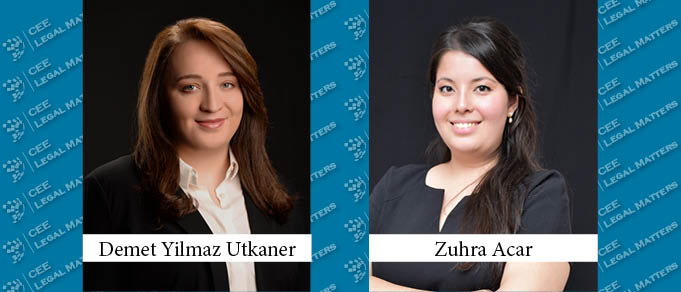Nowadays, alternative methods of dispute resolution, not involving the courts, are increasing. Since disputes are getting ever-more complicated, and general peace between parties is preferable, parties now prefer to solve disputes with more peaceful and flexible alternative dispute resolution methods instead of litigation – and judicial systems are encouraging parties to employ these methods. In this context, mediation has in recent years become the most preferred and fastest-growing alternative dispute resolution method.
Mediation is a voluntary dispute resolution method. Since the origin of all alternative resolution methods is the parties’ desire to solve their disputes with negotiation and free will instead of binding and compulsory court processes, one of the core aspects of mediation is its voluntary basis. Disputes are solved with the assistance, contribution, and navigation of a third-party “mediator,” upon the application of parties regarding the disputed matters.
There is also a mandatory mediation system, which requires an application to a mediator as a mandatory preface to filing a lawsuit. This is common in many countries like the United States, England, and Australia, as well as many European countries. Mediation also became mandatory for labor and commercial lawsuits in Turkey in 2019. This rule has been criticized in Turkey for converting a voluntary system to a mandatory requirement, and many wonder if this system is really going to decrease the workload of courts without obstructing people’s right to access the courts.
Mandatory Mediation and Notions at Turkish Law
Fundamentally, mediation is not new – it has a history as long as mankind, although integrating mediation into law is more recent. For this reason; even though mediation systems have many benefits, there are some problems in both theory and practice. Due to mediation’s expected ability to reduce the workload of courts, its mandatory use has been welcomed as a savior.
Under one view of the doctrine, however, mandatory mediation conflicts with the core aspect of mediation – its voluntary nature. Rules forcing parties to attempt mediation before filing a lawsuit raises concerns about the possibility that parties will be forced to settle. By definition, many argue, if mediation is mandatory it becomes less voluntary. As a result, many claim, mediation in Turkey is transforming into an unproductive and bureaucratic obligation.
On the other hand, many note that Article 26 of Turkey’s Constitution secures each citizen’s right to make an application to judicial bodies. Mediation simply replaces the way of making this application; it is not an alternative to the judicial bodies themselves. This view also states that because mandatory mediation supplements traditional judicial remedies parties should be willing to attempt it. If one or both parties are not willing to join mediation, the chances of coming to a settlement decrease. In accordance with this view, even though the voluntary basis of mediation is damaged with mandatory mediation system, because parties still have the free will to settle or not and they can decide for themselves on the conditions of settlement, criticisms of the mandatory mediation system are exaggerated. To sum up, this view defends the notion that parties can be forced to apply for mediation because since it will not be possible to force them to make a settlement, the main principles of mediation are not damaged.
Conclusion
As a result, when positive and negative outcomes of mandatory mediation are evaluated together, it is safe to say that the benefit it brings in decreasing the workload of the courts does not come at the cost of obstructing people’s right to access justice.
By Demet Yilmaz Utkaner, Executive Partner, and Zuhra Acar, Attorney, Sezer & Utkaner
This Article was originally published in Issue 7.2 of the CEE Legal Matters Magazine. If you would like to receive a hard copy of the magazine, you can subscribe here.
